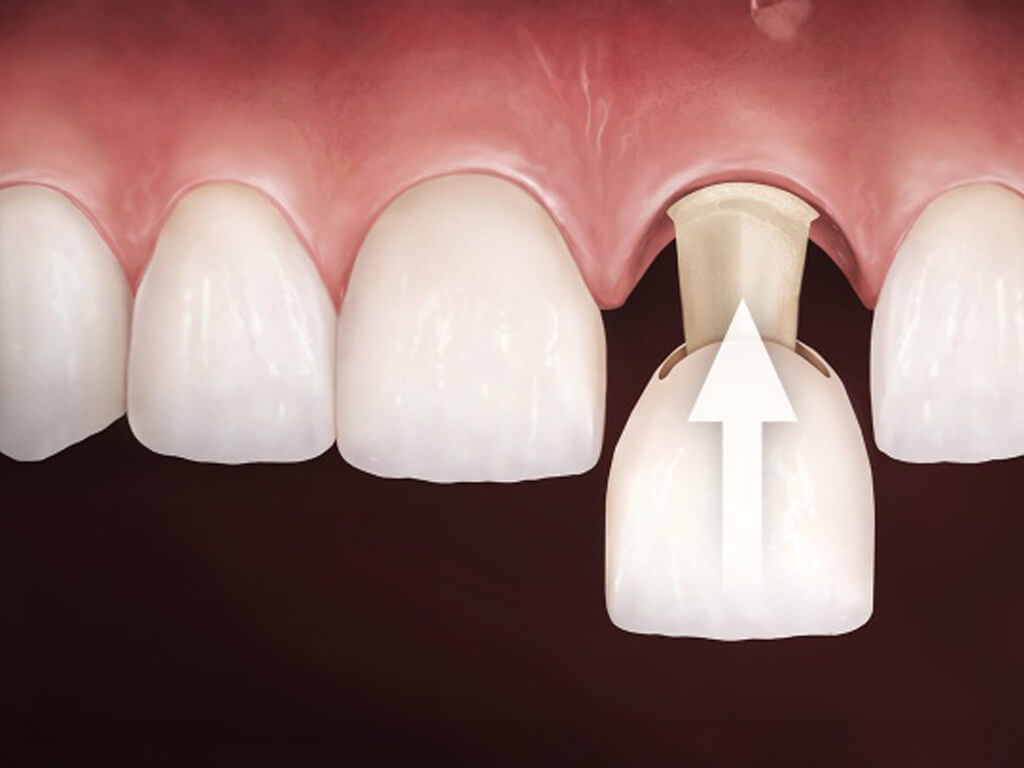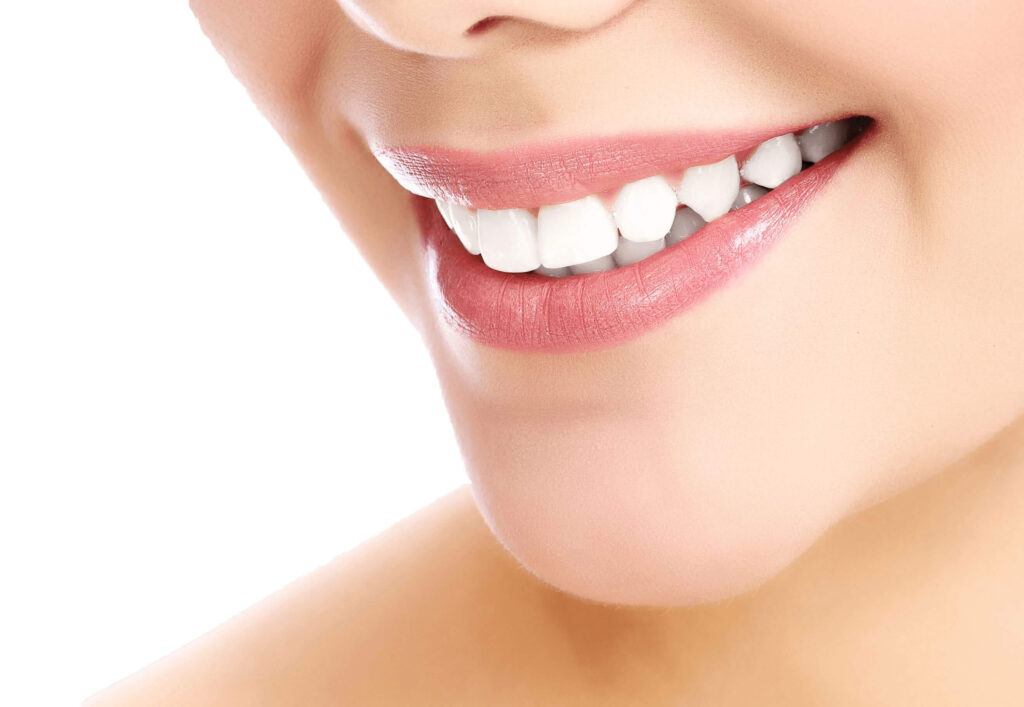Why Porcelain Crowns Are the Ideal Choice for Tooth Restoration
Porcelain crowns are a popular choice for those looking to restore damaged or decayed teeth. They not only improve the appearance of your smile but also add strength and durability to weakened teeth. If you’re considering tooth restoration options, understanding why porcelain crowns might be your best choice is essential.
Porcelain crowns are crafted to resemble natural teeth, offering a seamless blend with your existing smile. They are often preferred due to their aesthetic appeal and the high level of customization available. Each crown is designed to match your natural teeth’ color, shape, and size, making them a discrete option for restoring your smile.
In this article, we will delve into the benefits of choosing porcelain crowns for tooth restoration. We’ll also compare them to other types of crowns, walk you through the procedure for getting them, and provide tips on caring for your porcelain crowns to ensure they last for many years. Whether you’re dealing with a cracked, decayed, or discolored tooth, porcelain crowns can offer a reliable and attractive solution.
Benefits of Porcelain Crowns for Tooth Restoration
Porcelain crowns offer numerous benefits for tooth restoration, making them a favored choice for many patients. Their aesthetic appeal and strength make them ideal for both front and back teeth.
1. Natural Appearance: Porcelain crowns are designed to closely mimic the look of natural teeth. The material is translucent and can be color-matched to your existing teeth, providing a seamless blend. This makes them an excellent option for visible teeth, where appearance is crucial.
2. Durability: Despite their delicate appearance, porcelain crowns are highly durable. They can withstand the forces of biting and chewing, making them suitable for molars and other teeth involved in heavy use.
3. Biocompatibility: Porcelain is a biocompatible material, meaning it’s unlikely to cause allergic reactions or irritation to the gums. This is especially important for patients with sensitivities to metals often used in other types of crowns.
4. Stain Resistance: Unlike natural teeth, porcelain crowns are resistant to stains from coffee, tea, and other common staining agents. This helps ensure that your smile remains bright and clean-looking over time.
By offering a combination of durability, biocompatibility, and a natural look, porcelain crowns provide an effective solution for restoring damaged teeth.
Comparing Porcelain Crowns with Other Types of Crowns
When it comes to dental crowns, several types are available, each with its own set of advantages and disadvantages. Here’s how porcelain crowns stack up against other options:
1. Porcelain-Fused-to-Metal (PFM) Crowns: PFM crowns combine a metal core covered with a porcelain layer. While they offer strength and durability, the metal core can sometimes show through the porcelain, creating a gray line near the gums. They are not as aesthetically pleasing as all-porcelain crowns but are often used for back teeth where appearance is less critical.
2. Metal Crowns: Made from gold, platinum, or base metal alloys, metal crowns are incredibly durable and can last the longest among all crown types. However, they are highly visible and do not blend well with natural teeth, making them less desirable for front teeth.
3. Zirconia Crowns: Zirconia crowns are known for their strength and durability, similar to metal crowns. They can also be color-matched to natural teeth, making them a good option for both front and back teeth. However, they may not have the same level of translucency as porcelain crowns, which can affect their natural appearance.
4. Resin Crowns: Resin crowns are less expensive but are also less durable compared to porcelain and other types of crowns. They are more likely to wear down and fracture over time, making them a less desirable long-term solution.
In summary, while each type of crown has its place in dental restoration, porcelain crowns offer a unique combination of natural appearance and durability, making them a preferred choice for many patients seeking tooth restoration solutions.
The Procedure for Getting Porcelain Crowns
Getting porcelain crowns typically involves several steps and can usually be completed in two dental visits. Here’s what you can expect during the procedure:
1. Initial Consultation: During the first visit, the dentist will examine your tooth and take X-rays to assess its condition. They will discuss your options and determine if a porcelain crown is the best solution for you.
2. Tooth Preparation: The dentist will then prepare the tooth by removing any decay and shaping it to accommodate the crown. They will also make an impression of the prepared tooth, which will be sent to a dental lab where your custom porcelain crown will be made.
3. Temporary Crown: A temporary crown will be placed over your prepared tooth to protect it while you wait for the permanent crown to be fabricated. This temporary crown will look and function like a natural tooth, but it’s not as durable as the permanent one.
4. Fitting the Permanent Crown: At your second visit, the dentist will remove the temporary crown and clean your tooth. The permanent porcelain crown will be checked for fit and color, then cemented into place. Any necessary adjustments will be made to ensure a perfect bite and comfortable fit.
5. Final Adjustments: Once the crown is securely in place, the dentist will make any final adjustments to ensure optimal comfort and function. They will also provide you with care instructions to maintain your new crown.
Caring for Your Porcelain Crowns: Tips and Best Practices
Proper care is essential for the longevity of your porcelain crowns. Here are some tips to help keep your crowns in excellent condition:
1. Oral Hygiene: Brush your teeth at least twice a day using a fluoride toothpaste and a soft-bristled toothbrush. Don’t forget to floss daily to remove plaque and food particles from between your teeth and around the crown.
2. Routine Dental Visits: Schedule regular check-ups and cleanings with your dentist. These visits allow the dentist to monitor the condition of your crown and detect any potential issues early.
3. Avoid Hard Foods: Porcelain crowns are durable but not indestructible. Avoid biting down on hard foods, ice, or non-food items, which can cause the crown to crack or chip.
4. Mouthguards for Protection: If you engage in contact sports or grind your teeth at night, wear a mouthguard to protect your crowns and natural teeth from damage.
5. Avoid Staining Beverages: While porcelain crowns are stain-resistant, excessive consumption of coffee, tea, and red wine can still affect their appearance. Rinse your mouth with water after consuming these beverages to minimize staining.
By following these care tips, you can help ensure that your porcelain crowns last for many years, providing a durable and aesthetically pleasing solution for your dental needs.
Enhance Your Smile with Porcelain Crowns
Choosing porcelain crowns for tooth restoration offers numerous benefits, from their natural appearance to their durability and biocompatibility. Porcelain crowns are an excellent solution for many dental issues, providing aesthetic and functional improvements. Understanding the procedure and how to care for your crowns will help you make the most of this tooth restoration option.
If you’re considering porcelain crowns or other restorative dental treatments, schedule a consultation with Dr. Spinks at Reflection Cosmetic Dentistry today. We provide customized, high-quality care to meet your dental needs and restore your beautiful smile.




